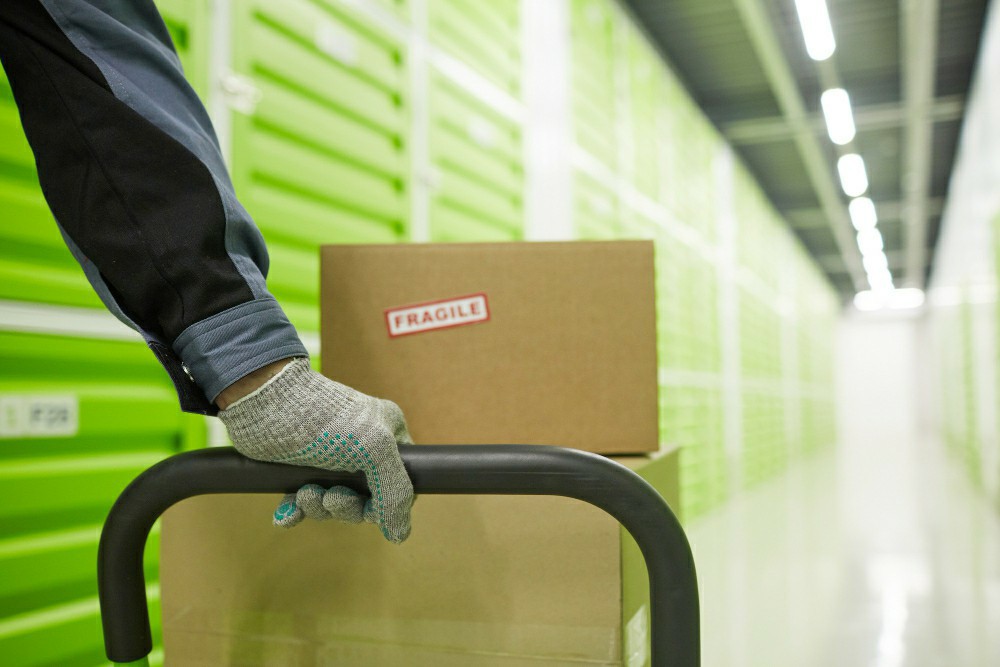


 349,500 Offered Certificates
349,500 Offered Certificates
 24/7 Online Training
24/7 Online Training
 Money Back Guarantee
Money Back Guarantee
 Fully Accredited Courses
Fully Accredited Courses

Created at: 02-02-2025 13:28
In today's fast-paced work environment, ensuring the health and safety of your employees is paramount. One crucial aspect of occupational safety is manual handling, which can significantly impact workplace efficiency and employee well-being. This blog explores why your company needs a manual handling course, the key content of effective training programs, and the benefits of certification for your team.
Manual handling refers to any activity that requires a person to lift, lower, push, pull, carry, or move an object. Poor manual handling techniques can lead to serious injuries, including musculoskeletal disorders, back injuries, and repetitive strain injuries.
Implementing a manual handling training course for your company teams is essential for:
An effective manual handling course focuses on both theoretical knowledge and practical skills. Here are some key components:
The course typically begins with an introduction to handling theory, where participants learn about the biomechanics of lifting techniques. This section covers:
A vital component of manual handling training is understanding how to assess risks in the workplace. Participants will:
Trainers focus on practical handling techniques that employees can use across various tasks. Participants will engage in:
In the modern workplace, flexibility is key. Many training providers, including Ireland Safety Training, offer comprehensive online training options for manual handling courses. Benefits of online training include:
Upon successful completion of the manual handling training course, participants will receive a manual handling certification. This certification serves multiple purposes:
Investing in a manual handling course for your company is not just a legal requirement; it’s a commitment to a safer workplace. The training equips your employees with the vital skills and knowledge they need to perform their tasks safely and efficiently. If you’re in Ireland and looking for affordable manual handling training options for your team, contact [email protected] or visit Ireland Safety Training today.